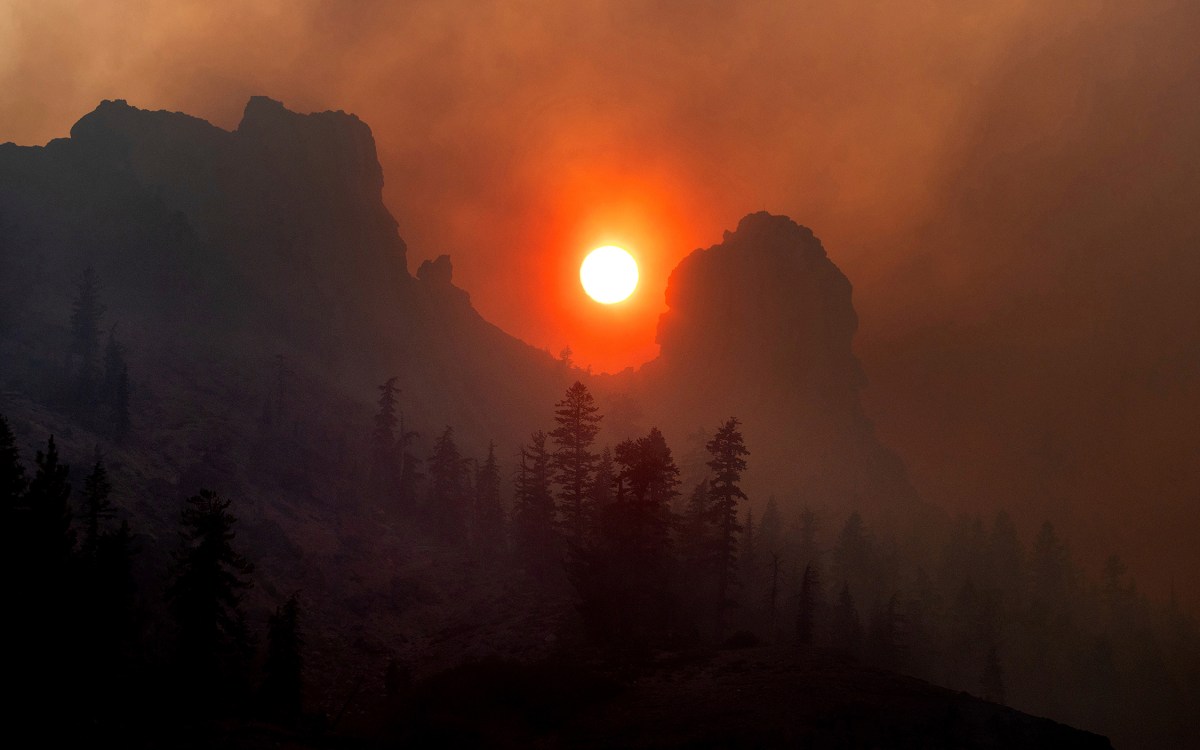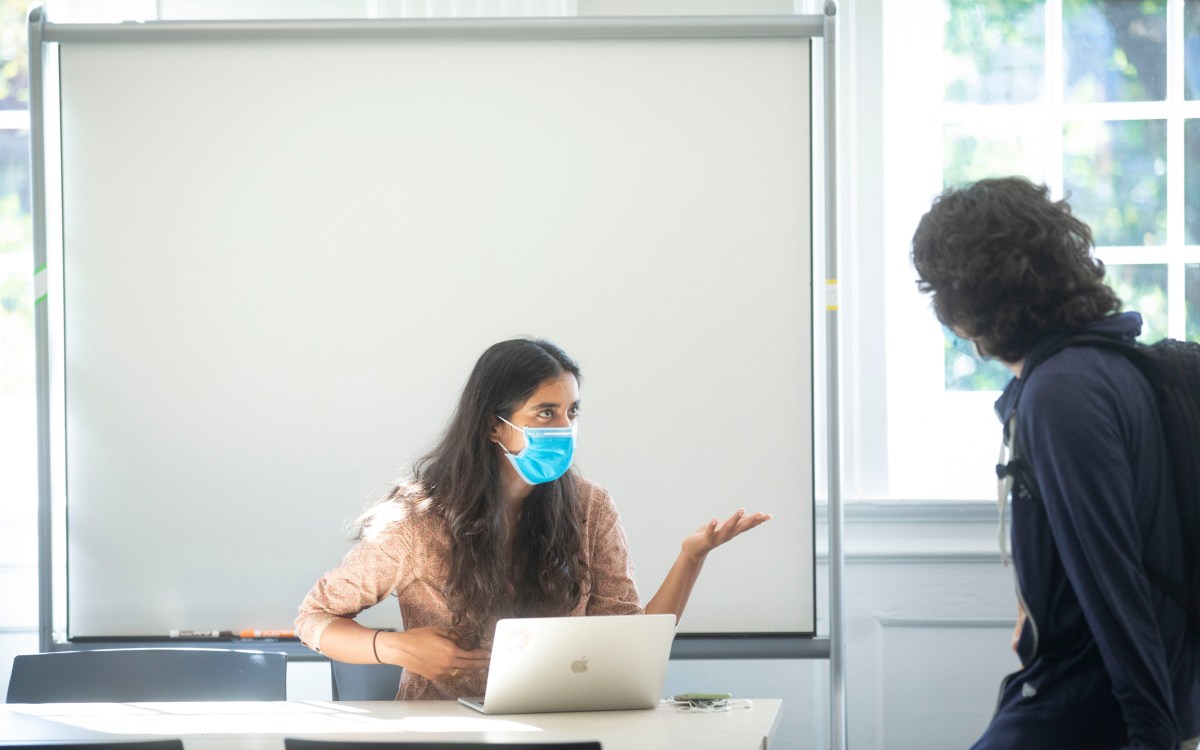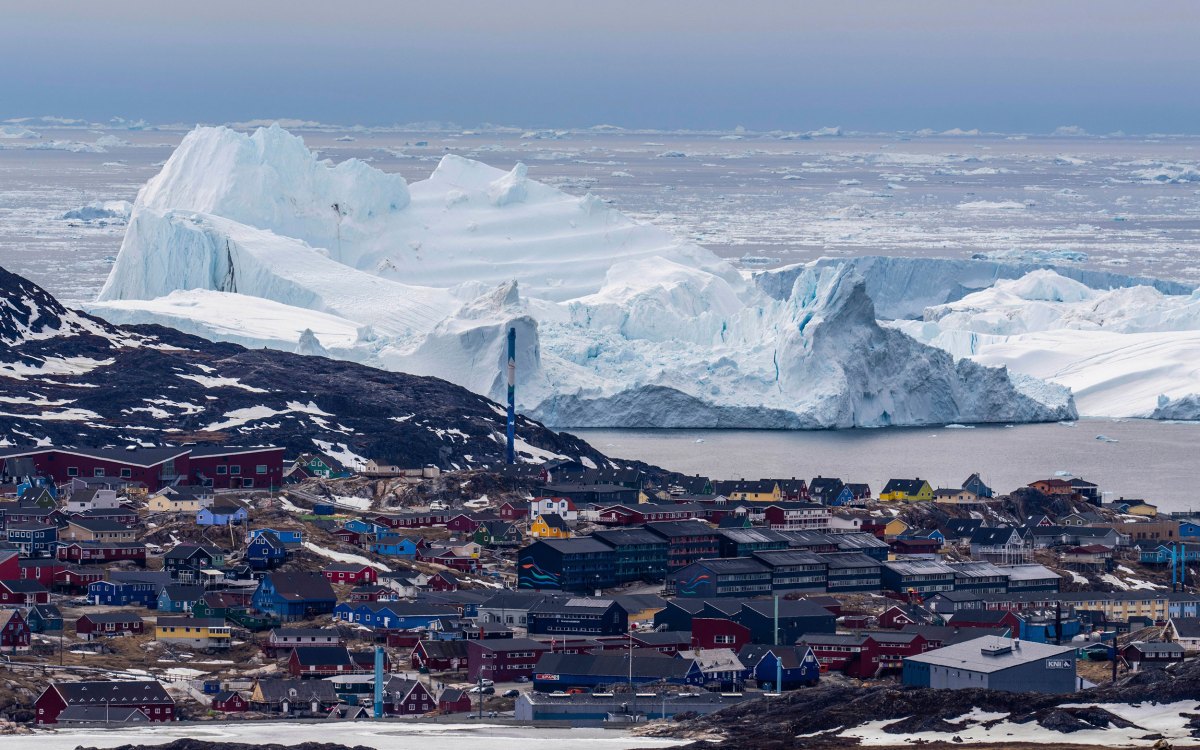Dispatch from COP26
Emilly Fan ’22 details urgent Commonwealth warnings, time in Blue Zone, good news for South Africa, and Leonardo DiCaprio sighting
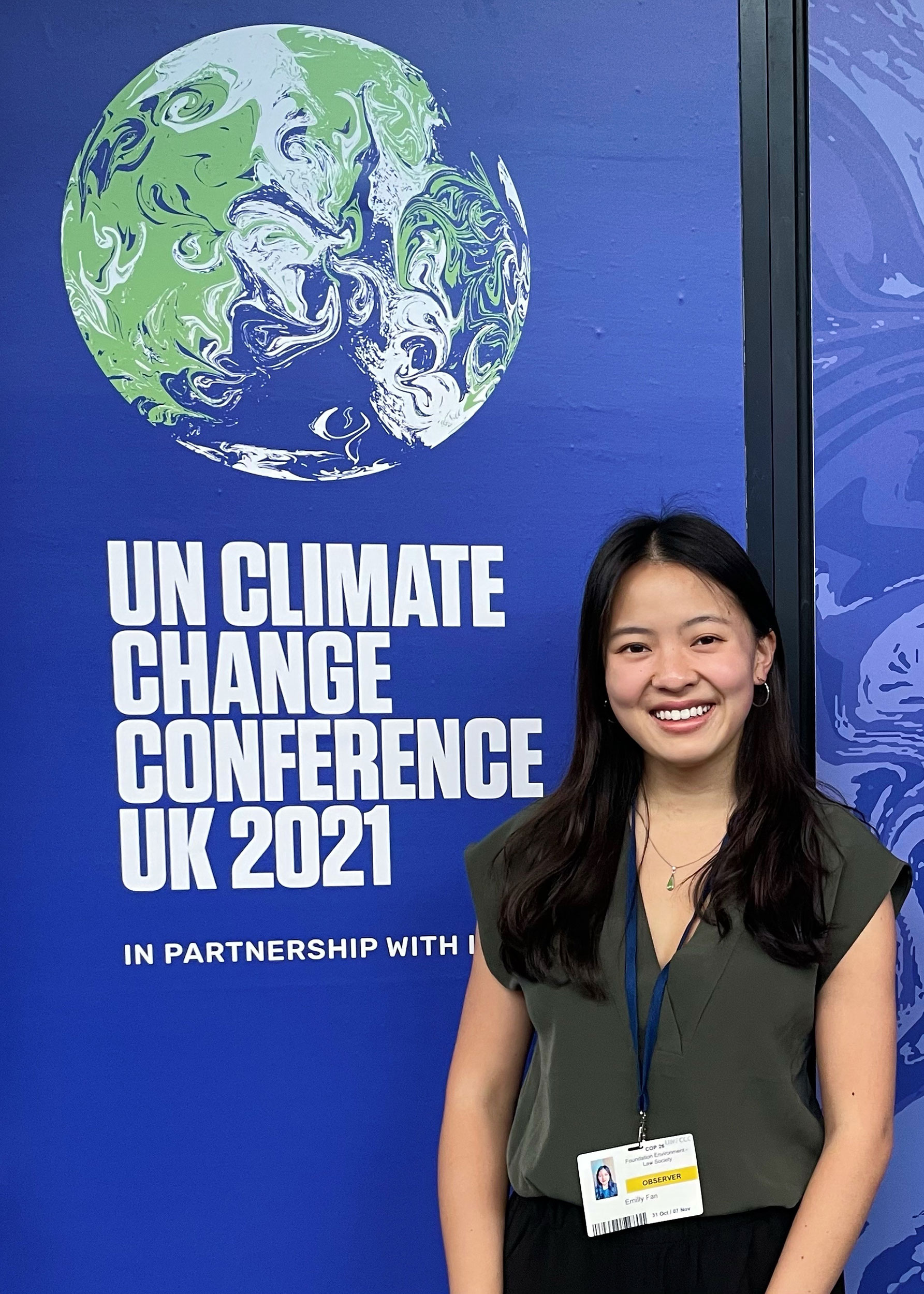
Emilly Fan is attending COP26 in Glasgow.
Courtesy photo
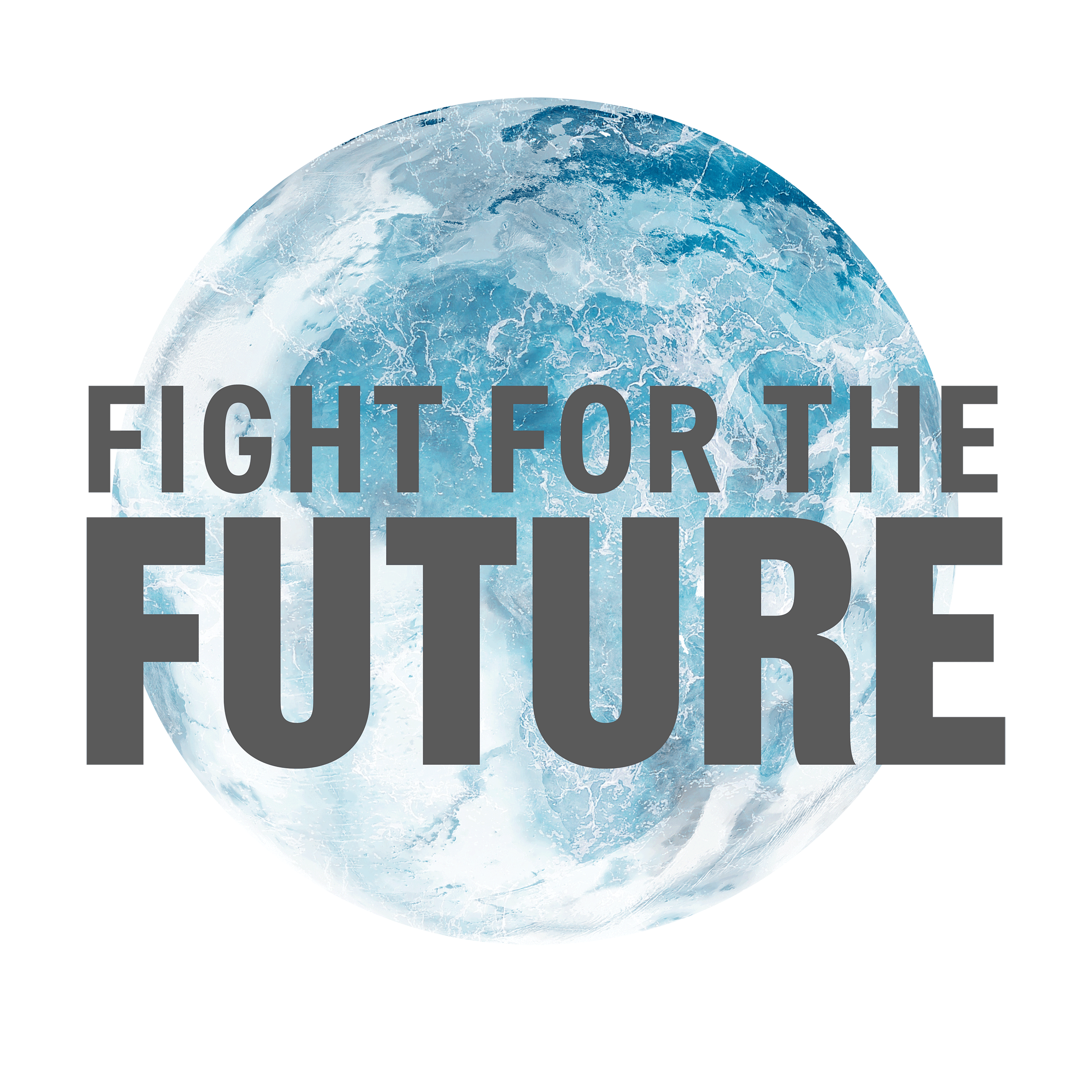
I landed in Glasgow with all the bright-eyed excitement and rose-colored optimism that a 21-year-old could possibly have. The highly anticipated United Nations Climate Change Conference, COP26, had been termed by many as “the world’s last best chance” to avert catastrophic climate consequences and had already been delayed by a year due to the COVID-19 pandemic. For the 12 days of talks, world leaders from nearly every country converged upon Scotland, along with nearly 30,000 delegates representing governments, civil society, and media.
Attending COP, the annual pinnacle of global climate negotiations, is a great privilege, especially for someone interested in climate policy and multisectoral decarbonization. I recognize that it is an even greater privilege this year due to the unprecedented COVID-related challenges that have impeded many from getting to the conference, as well as the anticipation that the participants here will try to advance the goals of the landmark Paris Agreement.
As part of Harvard’s contingent, I was excited to engage with delegates across the spectrum of public to private sectors and track progress across the numerous formal and informal plenary sessions and side events. This was a special opportunity to participate in dialogues with heads of state, CEOs, activists, and experts on a range of environmental solutions, and to contribute my voice toward amplifying momentum for urgent climate action.
The gravity of what was at stake began to feel overwhelmingly real to me after I joined the long queue to enter the Blue Zone negotiation space, with thousands of police officers encircling the venue. Over the next days, talks within the walls of the buildings in front of me could decide the trajectory of everything around me. As I chatted with the delegate in front of me who was on France’s negotiating team, we bemoaned the damp Scottish weather, but the general excitement about the start of the conference was palpable
“As youth, we have an acute awareness that we may not be the most experienced or well-connected people in this field, not by a long stretch, but those are not prerequisites to identifying a deficit and mobilizing resources to address it.“
The opening ceremony centered on the mantra “What Paris promised, Glasgow delivers.” While this call for action was reinforced by speakers such as British Prime Minister Boris Johnson, Prince Charles, and Sir David Attenborough, it was particularly powerful to see strong youth representation from my home country, New Zealand. Māori climate activist India Logan-Riley represented Indigenous communities in emphasizing how climate change is rooted in colonialism and that it is imperative to “learn our histories, listen to our stories, honor our knowledge” in the fight against climate change. Auckland-born Pasifika leader Brianna Fruean cautioned world leaders that climate action is not the same as climate justice. “If you’re looking for inspiration on climate leadership, take a look at young Pacific people,” she said. “We are not just victims to this crisis, we have been resilient beacons of hope.”
As youth, we have an acute awareness that we may not be the most experienced or well-connected people in this field, not by a long stretch, but those are not prerequisites to identifying a deficit and mobilizing resources to address it. Given the atmospheric lifetimes of greenhouse gases as well as feedback loops that drive a cascade of terrifying tipping points, we know that present-day inaction will mean it is we who will face the worst effects as impacts intensify over time. Drastically reducing emissions now will reduce this intergenerational burden, making our representation at conferences like COP crucial.
My first event was the Climate Vulnerable Forum‒Commonwealth High-Level meeting at the Commonwealth Pavilion. It featured a keynote address by Prime Minister Sheikh Hasina of Bangladesh, who stressed that “the 48 member [countries] of the Forum account for only five percent of the total global emission. However, the adverse impacts of climate change have posed fundamental threats to our lives and livelihoods.”
The need for major emitting countries to fulfill their obligations in strengthening climate financing was echoed in statements from other leaders across the Commonwealth, including the presidents of Maldives and Guyana and the prime minister of Eswatini. Sitting beside me was Maldives’ Minister of Environment Aminath Shauna, who had earlier emphasized that to low-lying coastal nations, the difference between warming of 1.5 degrees Celsius and 2 degrees Celsius is a death sentence. I was reminded of the reality that some of the world’s most climate-vulnerable countries in the Pacific Islands have been forced to scale back their attendance due to closed borders and high COVID costs, blunting their negotiating powers further. Considering that these nations are on the front lines of the climate crisis, this inaccessibility exacerbates the disconnect.
On a more hopeful note, the announcement that South Africa is set to receive $8.5 billion to accelerate its energy transition was welcome news, especially at the country’s pavilion. I had become acquainted with South Africa’s environmental progress last year when I worked with the United Nations Development Programme, analyzing the needs of an enabling environment for uptake of new and emerging green technologies and infrastructure in the country. South Africa’s heavy reliance on coal had been a key inhibitor, and this deal will have positive global and local implications.
The Harvard Project on Climate Agreements hosted an online seminar Monday about the prospects of Article 6 of the Paris Agreement, and it has an in-person panel slated for next week at COP. Regarded as one of the most critical yet difficult negotiating pieces of the convention, Article 6 promotes key international cooperation that will help governments and the private sector implement their emissions-reduction goals. The parties, having failed at previous COPs, will again attempt to write specific rules for implementing Article 6, which is where linkage and cost reduction can be best achieved. Experts from Massachusetts Institute of Technology, Enel, the Environmental Defense Fund, and Harvard Kennedy School shared insights into the nuances of Article 6 and its potential for the future.
These first few whirlwind days at COP26 were capped off with a Leonardo DiCaprio sighting and a traditional Scottish dinner of haggis, neeps, and tatties.



